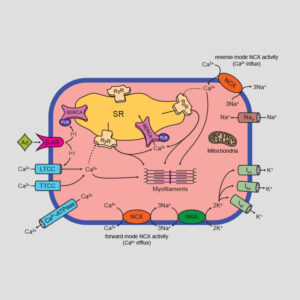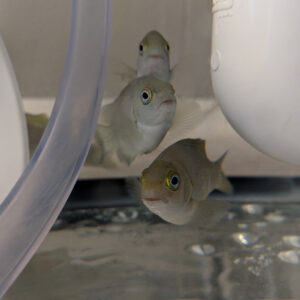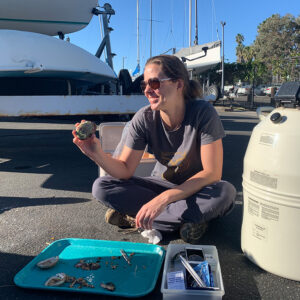Mechanisms of Environmental Tolerance
Can diet mediate environmental tolerance limits?
The current dogma suggests that when a population is faced with unfavorable environmental conditions, they must either move to a more favorable location, adapt over evolutionary time, or acclimate to the new conditions. We are examining an alternative mechanism for an animal to buffer the impact of climate change, where they take a more active role in responding to their environment: alter their diet.
Funding support: Hellman Fellow Grant
How does the cardiorespiratory system mediate performance and thermal tolerance?
The cardiovascular system plays an essential role of transporting oxygen, nutrients, and wastes throughout the body. Accumulating evidence suggests that thermal tolerance is set by cardiac function in many species of ectotherms [e.g. porcelain crabs, blue mussels, marine snails, and sockeye salmon] and may be a key limiting factor regulating species distribution globally. Our research examines how the cardiorespiratory system sets thermal limits and mediates performance in ectotherms.
Funding support: UCSB

What cellular mechanisms drive cardiac collapse at high temperature?
As temperatures warm, cardiac function is known to fail in fishes. However, the mechanisms driving this failure are poorly understood. Our team is examining potential cellular mechanisms that may be driving cardiac collapse.
Collaborators: Georgina Cox, Katja Anttila
Funding support: Tri City Blood Bank


